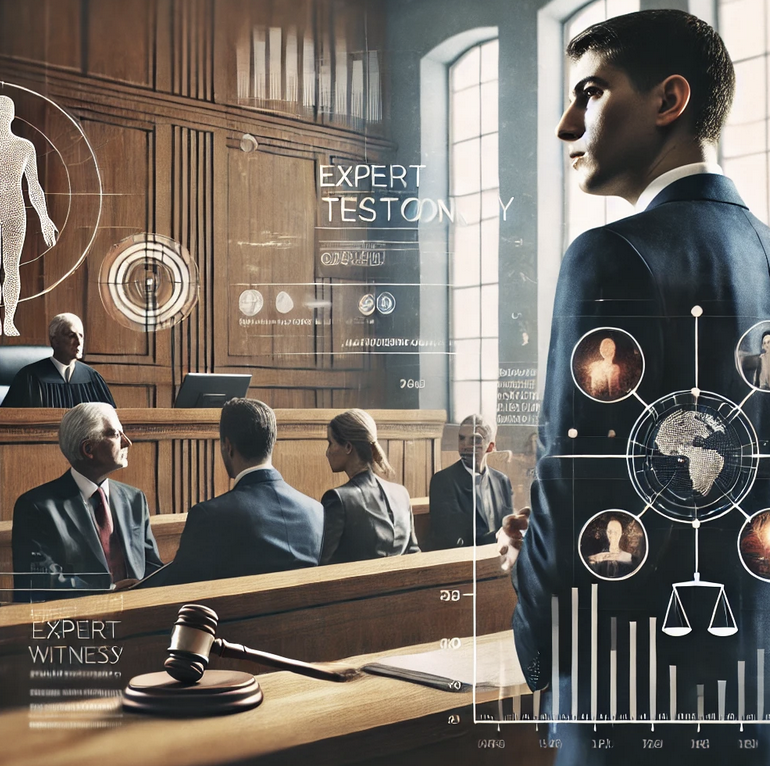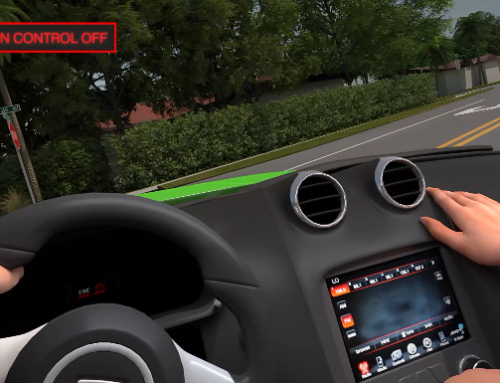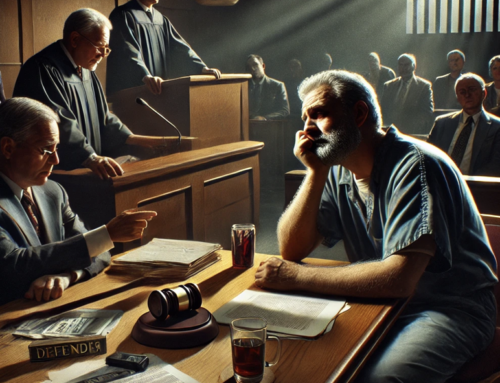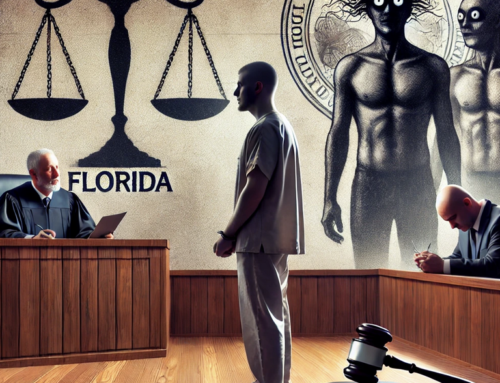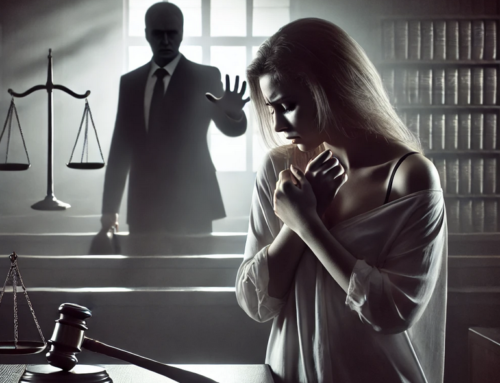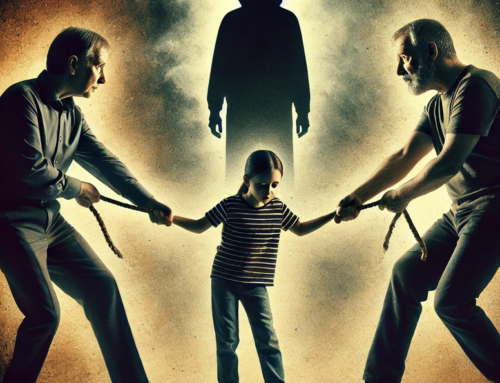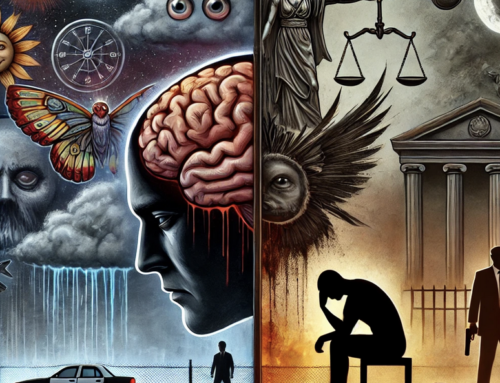The Eye-Opener
The legal system as we know it, places considerable emphasis on expert testimony. On a reasonable scale, there is no expectation that such testimony would be accurate at all times and in all instances. However, digging deep into how “expert” an expert testimony is, brings up an unexciting, and frankly, appalling state of affairs of this critical legal appendage.
Fault Lines in Psychology in Court Cases
Interestingly, the initial steps to uncover the careless “inexpertness” of what many consider, and often passes, as expert testimony in the courts were made more than a century ago by no other than a man the legend Sigmund Freud described as the “master of psychological thinking”— Fyodor Dostoevsky.
The specific case Dostoevsky observed to make his conclusions was that of his brother, Dmitri Karamazov. Dmitri was alleged to have murdered his father, and three medical experts were called upon to testify/give their opinions on two points—the sanity of Dimitri, and if he had committed the murder.
The table below gives an overview of the findings from the three experts.
| Expert | Sane/Insane | Guilty/Not Guilty |
| A | Insane | Guilty |
| B | Insane | |
| C | Sane |
The fact was Dmitri was sane and not guilty. Therefore, all three experts were wrong.
Even more interesting were the reasons each expert gave to validate their view on if Dmitri was sane or not.
- Expert A found Dmitri to be insane because as he entered the courtroom, he looked to the left
- Expert B found Dmitri to be insane because he looked to the right
- Expert C found Dmitri to be sane because he did not look in either left or right direction but stared straight ahead
To Dostoevsky, this shocking disparity was because of what he called “excessive psychology.” Thus, one could draw whatever conclusion he desired while still flying the flag of psychology. Nowhere is this more rampant than in legal proceedings.
A prosecutor could paint a completely logical and plausible psychological profile of the defendant that appears to prove beyond any iota of doubt that he or she is guilty as charged. On the other hand, the defense attorney paints an equally dazzling psychological profile of the defendant that is completely opposite that of the prosecutor that also appears to prove beyond any iota of doubt that the defendant is not guilty.
In the end, it becomes a herculean task for the jury to choose which account to uphold as correct. As you would guess, that difficulty still exists today in our courtrooms. A theory that appears to be completely plausible may very well be completely wrong.
Why Expert Testimony may not be “Expert”
The underlying reasons why expert testimony may not be “expert” are quite a bunch.
- For starters, a sizeable percentage of alleged experts aren’t experts really. The utterances of these makeshift ‘experts‘ are wrong and the only reason they are admitted to the courtroom with an “expert” tag is because the filters put in place to eliminate unreliable opinion and unverifiable ‘science’ are not efficient enough.
- On another level, allegiance bias exists. To put it simply, an opinion of an expert is often strongly influenced by whoever is footing the bill. In all fairness, it may just be as unconscious as it may be conscious, but its existence is not in doubt.
- Then the juries, with all due respect, do not know that much to enable them make the best decisions. One could argue that this is the basic reason for expert testimony after all. However, when the questions are far beyond the competence of the juries, the juries unconsciously leave the onus or technical accuracy of the testimony, and instead fixate on the presentation skills and likability of the testimony.
- Finally, the system itself does deserve a shot. The system requires experts to give yes-or-no answers to questions that have plenty of shades of gray answers. Therefore, even unbiased and highly qualified experts may unintentionally mislead when they have to choose a yes or no, when in reality the best answer is a little bit of both or “unsure.”
Changes that can be enacted
Going forward, it is a widespread reality that expert testimony in many trials is neither very useful nor accurate in the grand scheme of things. It is commonplace occurrence for each side to complicate things further by presenting extreme set of opinions that seem plausible by oppose each other. The jury left at the mercy of this abuse either cancels both accounts out or make a blind choice between both accounts.
The way forward is slightly complex but there at quite a few steps that can change the tide considerably.
- The courts should appoint the experts whenever possible
- The filters for ascertaining who is “expert” enough to give expert testimony should be more rigorous and use methods of assessment that are well validated and reliable
- Reports should be wholly concerned with how existing literature pertains to the facts of the case in question. Furthermore, the reports should clearly state the degree of confidence guiding each opinion rendered and equally state the reason behind the degree of confidence.
- Experts should be admonished to exercise caution when giving their opinions, and to stay close to facts and existing literature
- Provisions should be made to accept “I don’t know” answers
- Totally eccentric speculation should be recognized when given and dismissed as unreliable opinion


